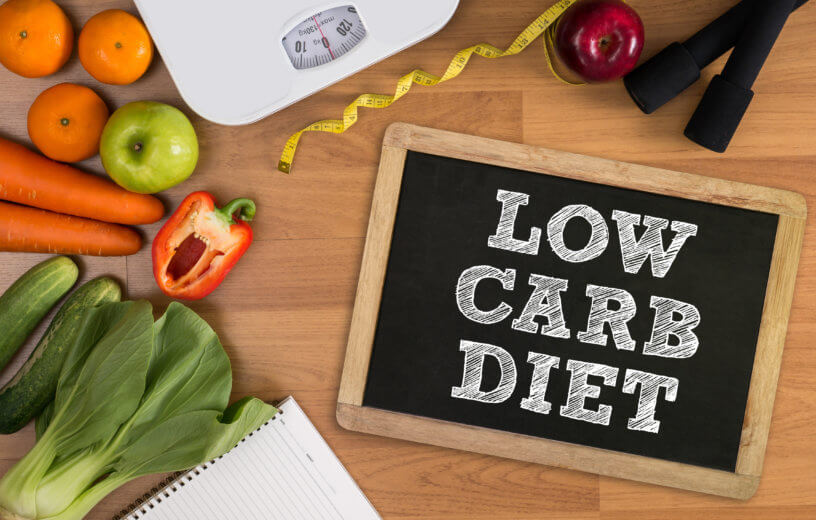STONY BROOK, N. Y. — You might feel a bit bloated and uncomfortable after a big meal involving lots of bread, but it turns out all those carbs may be slowing down our minds as well. Researchers at Stony Brook University say that following a low-carb diet can seriously help people experiencing age-related brain changes.
Using neuro-imaging, the research team discovered that age-associated brain changes can actually be detected much earlier than expected — in the late 40s. That in and of itself is concerning, but on the bright side, these changes appear to be reversible or preventable altogether by switching to a diet that largely avoids simple carbohydrates.
On a neural level, functional communication between brain regions naturally starts to deteriorate as we all age. This usually starts around the the late 40s (47 years old, to be exact). This process eventually leads to transparent signs of poor cognition, as well as accelerated insulin resistance. After running a series of experiments, the study’s authors noted that these signs of brain aging tend to fluctuate depending on one’s diet.
Essentially, they found that glucose decreases the stability of brain networks while ketones have the opposite effect, promoting stronger and healthier brain networks.
“What we found with these experiments involves both bad and good news,” says Mujica-Parodi, a Professor in the Department of Biomedical Engineering with joint appointments in the College of Engineering & Applied Sciences and Renaissance School of Medicine at Stony Brook University, in a release. “The bad news is that we see the first signs of brain aging much earlier than was previously thought. However, the good news is that we may be able to prevent or reverse these effects with diet, mitigating the impact of encroaching hypometabolism by exchanging glucose for ketones as fuel for neurons.”
“We think that, as people get older, their brains start to lose the ability to metabolize glucose efficiently, causing neurons to slowly starve, and brain networks to destabilize,” she adds. “Thus, we tested whether giving the brain a more efficient fuel source, in the form of ketones, either by following a low-carb diet or drinking ketone supplements, could provide the brain with greater energy. Even in younger individuals, this added energy further stabilized brain networks.”
To facilitate their experiments, the study’s authors utilized two large-scale brain neuro-imaging (fMRI) datasets consisting of almost 1,000 people between the ages of 18 and 88. In general, destabilization of an individual’s brain network was associated with lowered cognitive ability and accelerated type 2 diabetes. Type 2 diabetes is known to blocks neurons’ ability to metabolize glucose. Next, in order to refine their findings, they scanned another group of 42 adults, all under the age of 50. This additional step allowed the researchers to closely follow the influence of both glucose and ketones on the brain.
The way in which diet influences the brain was tested using two methods. The first approach compared some participants’ brain network stability after a full week of unrestricted eating with another group who were told to adopt a low-carb lifestyle. The regular dieters saw their primary fuel metabolized as glucose, while the low-carb group metabolized ketones.
Another group of people were scanned before and after drinking a small dose of glucose one day, and then again after drinking a dose of ketones. Both the doses were portioned out and calorically matched exactly the same depending on the drinkers’ weight.
All of these measures produced the same results, clearly indicating that the varying effects of the diets are very likely tied to the different types of fuel they give the brain.
Rapid brain deterioration usually takes hold at around the age of 60, but dietary ketosis appeared to be able to improve brain function and stabilize neural networks in individuals under the age of 50. The research team believe this is because ketones provide “greater” cellular energy than glucose, even when the two substances are calorically matched.
“This effect matters because brain aging, and especially dementia, are associated with “hypometabolism,” in which neurons gradually lose the ability to effectively use glucose as fuel. Therefore, if we can increase the amount of energy available to the brain by using a different fuel, the hope is that we can restore the brain to more youthful functioning. In collaboration with Dr. Eva Ratai at Massachusetts General Hospital, we’re currently addressing this question, by now extending our studies to older populations,” Mujica-Parodi concludes.
The study is published in PNAS.
